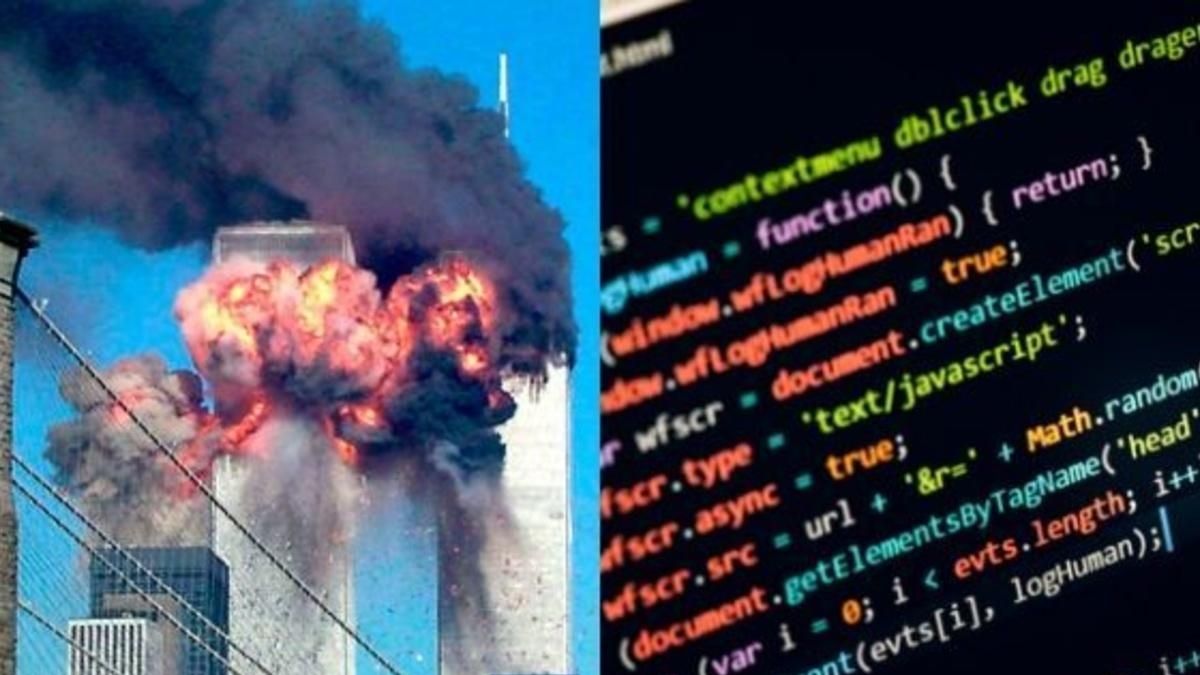The cyber world was thrown into turmoil with the announcement from The Dark Overlord, a notorious hacker group, claiming to have acquired confidential files that could potentially shed new light on the September 11 attacks. The group, known for its brazen tactics, posted on Pastebin threatening to disclose these documents unless they receive a substantial ransom in Bitcoin. Their targets include reputable entities such as Hiscox Syndicates Ltd, Lloyds of London, and Silverstein Properties.
The revelation of this threat has sent shockwaves through not only the cybersecurity community but also among conspiracy theorists and the general public. The promise of unveiling 9/11 conspiracies through a reported 18,000 documents has piqued curiosity and raised concerns about the potential impact of such revelations.
In a bold move, The Dark Overlord claims to have breached several insurers and legal firms, boasting about their access to a trove of secret files. The mention of Hiscox Syndicates Ltd and Lloyds of London, major players in the insurance industry with ties to the World Trade Centers, has added a sense of gravity to the situation. The group’s assertion of having sensitive information pertaining to the 9/11 attacks has heightened the tension surrounding the ransom demand.
A spokesperson for the Hiscox Group has confirmed the breach, stating that it occurred through a law firm advising the company. This breach has resulted in the potential theft of files related to 9/11 litigation, with The Dark Overlord wasting no time in releasing a small portion of these documents. The leaked letters, emails, and other materials implicate various law firms, the Transport Security Administration (TSA), and the Federal Aviation Administration in the US, setting the stage for what could be a significant information disclosure if the ransom is not met.
Amidst the unfolding crisis, the FBI has reportedly launched an investigation into The Dark Overlord’s activities. The group’s history of cyber extortion lends credibility to their threats, leaving both the targeted firms and the public on edge about the potential consequences of a complete document release. This incident has sparked discussions about cybersecurity protocols, the ethical dilemmas of hacking, and the potential impact on historical events like the 9/11 attacks.
With the deadline looming for the ransom payment, the global community is awaiting anxiously to see what secrets may be unveiled. This event not only exposes the vulnerabilities in our digital security measures but also serves as a stark reminder of the lurking dangers in the depths of the internet. Whether this incident will result in groundbreaking revelations or fuel more conspiracy theories remains to be seen, but it undoubtedly highlights the intricate dynamics at play between cybersecurity, privacy, and public interest.
As the world watches and waits, the repercussions of The Dark Overlord’s actions could reverberate far beyond the realm of cybercrime, shaping conversations about transparency, accountability, and the ever-evolving landscape of digital warfare.


